The spirit of the National Peace Accord
Abstract This article seeks to examine the evolution of the conflict resolution community in South Africa through a combination of history and policy analysis. Each section roughly corresponds to the
Abstract This article seeks to examine the evolution of the conflict resolution community in South Africa through a combination of history and policy analysis. Each section roughly corresponds to the
Abstract The world-wide surge in the number and violence of open conflicts revolving around ethnic or religious identities towards the end of the 20th century is a powerful reminder that
Abstract This article deploys a politico-sociological historical analysis in the interrogation of the origins, tenacity and resilience of Ndebele particularism across pre-colonial, colonial and post-colonial epochs in Zimbabwe. While the
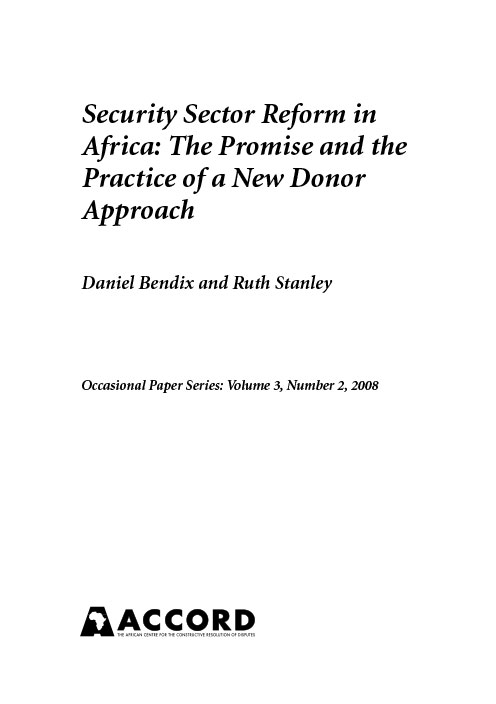
When the concept of security sector reform (SSR) was introduced some 10 years ago, it aimed to offer an innovative approach to the reform of security governance. Within the SSR
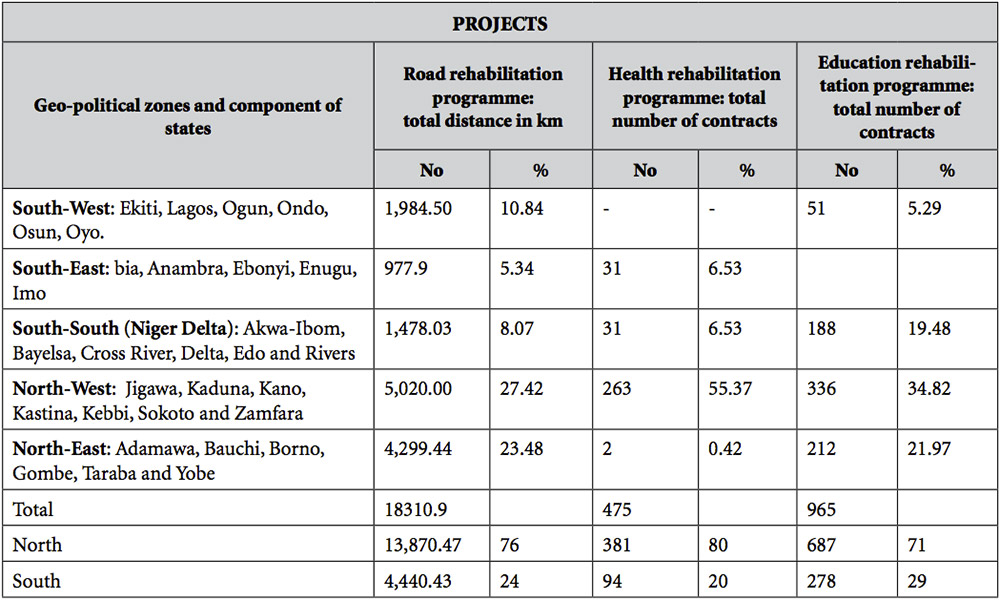
Abstract This paper examines the linkages between alienation and militancy in Nigeria’s Niger Delta region, and the dilemma the Nigerian State faces in dealing with the menace of hostage taking
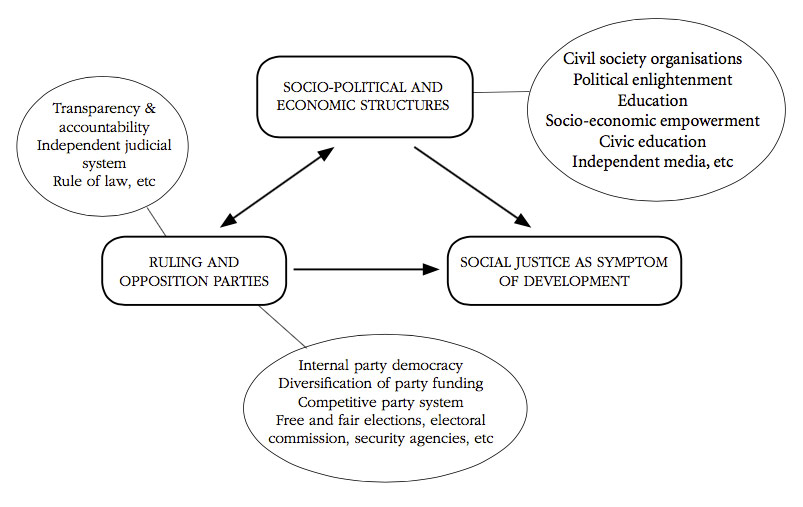
An earlier version of this paper was presented at the Global Social Justice in Theory and Practice Conference, organised by the Centre for the Study of Global Ethics and the
This elegant book covers an expansive thematic mosaic. Its sixteen chapters provide incisive analytical coverage, conceptual insights and empirical richness, pointing to the factors and imperatives which have shaped Nigeria’s
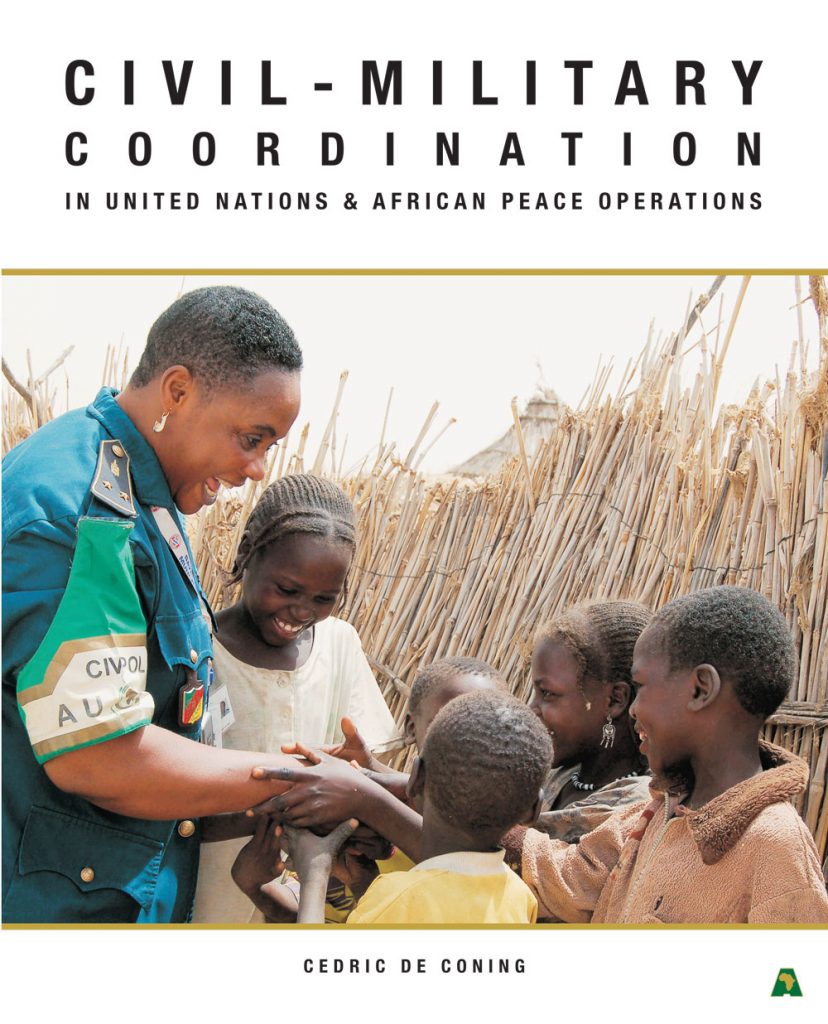
Civil-Military Coordination (CIMIC) provides the interface between the military component and the political, humanitarian, development, human rights and rule of law dimensions of complex peace operations. Such coordination is crucial
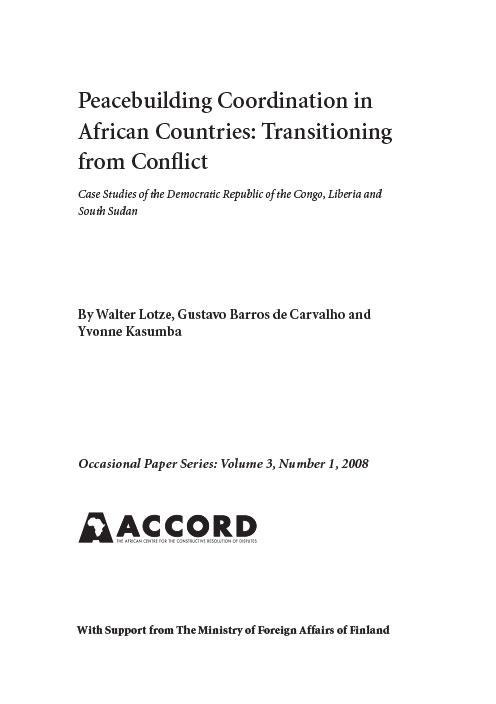
This Occasional Paper, Peacebuilding Coordination in African Countries: Transitioning from Conflict, addresses some strategic, operational and tactical elements of peacebuilding experiences in the Democratic Republic of the Congo (DRC), Liberia
Abstract Characterised as a bridge between the Arab-Muslim world and Black Africa; and as a melting pot where diverse ethnic, religious and language groups were related together, Sudan continues to